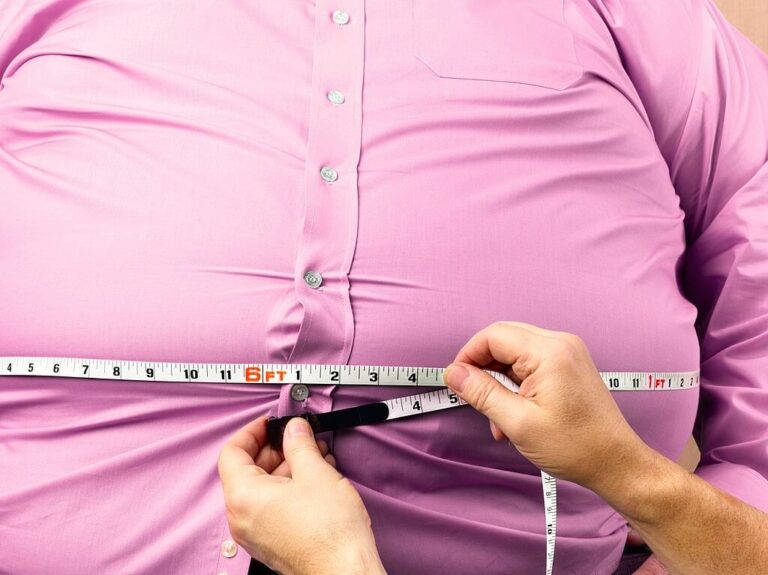Pandemic a Good Time For Weight Loss Or Weight Gain!

It is easy to gain weight during the pandemic because people spend most of their time at home. Google has been trending with recipes for comfort cuisine. You find yourself thinking that a cookie—or a beer—sounds appealing.
What Factors Have Contributed To Weight Increase Because Of The Pandemic?
People are increasingly worried about COVID curves and physicals. Receiving updates like blood pressure and cholesterol levels may be an incentive to worry about weight, as sheltering-at-home constraints relax.
All of this anxiety may lead to weight gain. The causes of obesity are complex, and that stress plays a role. Not only do we have biological bodily changes, but we also use food as a stress reliever. The fight-or-flight syndrome is linked to metabolic changes.

Is Obesity A COVID-19 Risk Factor?
Obesity is linked with severe problems in individuals with COVID-19. This is one reason to keep your weight under control. We know obesity is a significant risk factor for COVID and H1N1 [a swine flu strain that infected people worldwide in 2009] and severe acute respiratory syndrome [SARS, a coronavirus that became an epidemic in 2002-2003. Because this virus has been so widespread, it is being shown much more now.
Is Weight Loss Necessary and Possible?
It is entirely possible to lose five or ten pounds during the pandemic. Weighing yourself serves a dual purpose: it is both therapeutic and diagnostic.
Once you know your weight, you can calculate your BMI, a height/weight ratio indicating where you lie on the weight scale.
Techniques for Losing Weight
Here are some of the best ways to manage your weight during a pandemic.
- Establish a regular wake-up and bedtime routine.
- If you can, plan your meals ahead of time.
- Dress up for work every day—easier to ignore weight gain if you wear sweatpants or other loose-fitting clothes every day.

Rekindle Your Passion For Food And Cooking
If you spend more time at home than usual, you may have the opportunity to improve your culinary skills. You can learn to get a taste of fullness from taste rather than just the quantity of food when you are eating foods you enjoy. Cooking a week’s worth of meals or at least the protein portions in one sitting may be beneficial. Include whole grains, fruits, vegetables, and lean meats in your diet.
Consider your dietary habits.
Keep Your Portions In Check
Instead of using a dinner dish, try using a salad plate. Before you eat, drink a large glass of water and then wait 15 minutes to see if you are still hungry. Proteins should be consumed first since they will help you feel fuller. Too many carbs may trigger blood sugar fluctuations and make you feel like you do not control your appetite.
Shop with Care
Do not buy cookies if you think you will eat the entire package in one sitting. Make time to exercise regularly. If social isolation prevents you from going to the gym or participating in fitness courses, consider hiking or an online workout class. Although exercise is not the most crucial element in weight reduction, it does help you keep the weight off after you’ve lost it. Losing weight can help with mood and joint pain.
Have a restful night’s sleep. This may entail sleeping for seven or more hours each night, depending on your needs. There is a lot of evidence indicating individuals who do not get enough sleep are more likely to be overweight or obese.

Choose A Strategic Stress Plan
People of religion who rely on others in their religious community face a unique challenge since congregating in large numbers increases the danger of infection.
If you are still within a healthy weight range, an additional 5 to 10 pounds may not significantly affect your health. However, if you are overweight or obese, reducing 7 to 10% of your weight may help you avoid heart disease, fatty liver disease, and joint discomfort.
Whatever your weight-loss objectives are now is a beautiful moment to evaluate your lifestyle and pay attention to everything that keeps you healthy.
You may also read: Best 5 Peptides For Weight Loss





